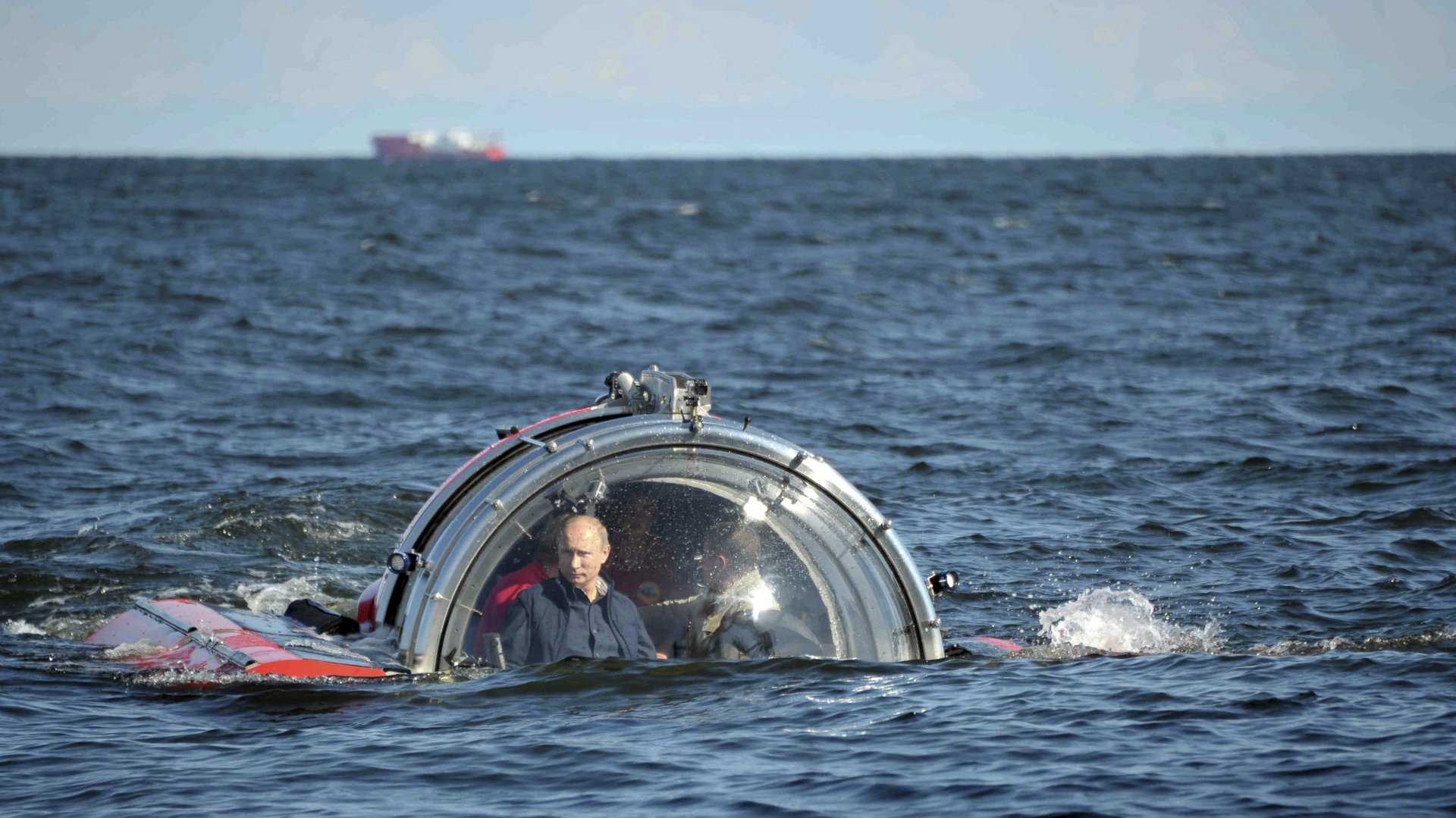Russia and Lithuania are engaged in a tit-for-tat feud over influence and energy
Lithuania has jailed an alleged Russian spy for three months and formed a regional military brigade to counter Moscow, part of a new bout of brinksmanship between the two former Soviet nations.


Lithuania has jailed an alleged Russian spy for three months and formed a regional military brigade to counter Moscow, part of a new bout of brinksmanship between the two former Soviet nations.
On Moscow’s part, its warships keep halting the completion of an undersea cable to Sweden, which is meant to cut Lithuania’s reliance on Russian electricity.
The Baltic nation suggests that, like Ukraine, it is being punished by Moscow for working to bind itself tighter within Europe.
Moscow’s favored foreign policy weapon is its natural gas and electricity supplies, whose price and flow it is prone to manipulate according to its relations with a given country. That is a major reason why Lithuania has been building NordBalt, made up of twin 400-kilometer cables that are scheduled to start delivering electricity from Sweden by the end of the year.
According to Lithuania, a Russian warship on April 30 forced a Swedish vessel laying the NordBalt cables to halt its work, in what it said was the fourth such confrontation in just over a month. Lithuania vowed to finish the cables anyway. The Baltic country has also begun to receive shipments of liquefied natural gas at a coastal terminal, further reducing its need for gas shipments from Russia.
Wriggling free of Russia’s grasp on energy would be a big step. But breaking away from Moscow’s security services may be a bit harder. In the latest incident, Lithuania imprisoned a Russian man whom it called only “NF,” and alleged was working for the FSB, Moscow’s spy agency. NF allegedly sought to infiltrate, “manipulate and influence” decisions made by senior members of the Lithuanian government and its police and intelligence agency.
Moscow’s actions, if true, would not be surprising given the long and aggressive work by its intelligence agencies to spy on and influence events throughout the former Soviet Union, including prior cases of infiltration in Lithuania—not to mention similar incidents in the US and Europe.
But it is against a perceived threat of an overt, not covert, Russian action that prompted Lithuania, Poland and Ukraine to form a 4,500-member joint military unit. Polish president Bronislaw Komorowski approved the brigade on May 4.
The brigade seems a bit undersized to take on any major action, but it could be a rapid-response force, take part in peacekeeping missions and otherwise assist official NATO forces—and, of course, help keep Vladimir Putin at bay.